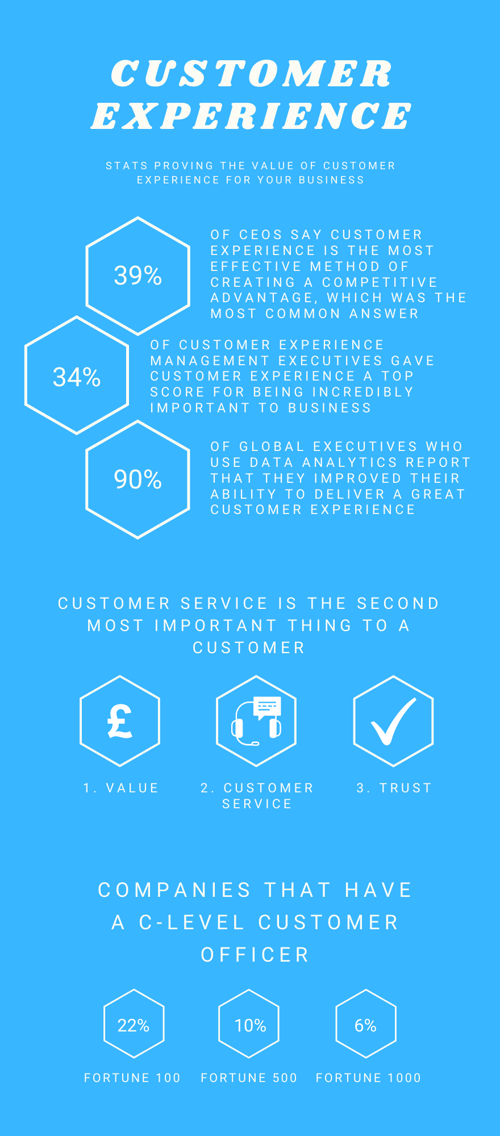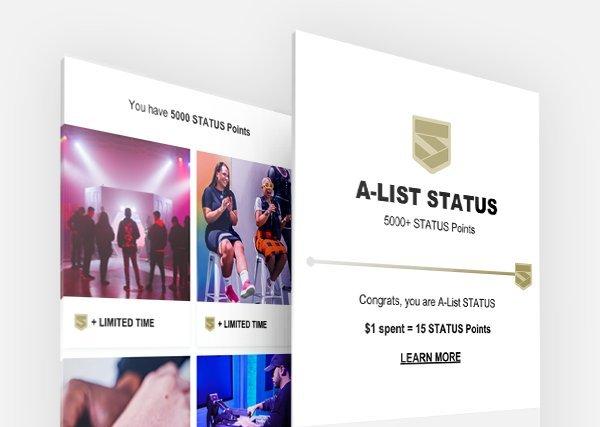It seems obvious to say that things are better when people trust you. Just look how hard Loki tries to make people believe he's on their side!
Customer trust goes a long way, and is the main element in building a loyal fanbase of regular customers who not only continue buying products and/or services from you, but recommend your goods to others.
Naturally, there are a few companies sort of beyond trust. Coca-Cola, for example, will never really do enough to make people stop drinking Coke or consuming one or more of their millions of products. As for the rest of us normal people and businesses though, there's a lot that can be done to both gain and subsequently lose a customer base.
But really...
Why do you need customer trust?
Greater advocacy, loyalty, and engagement from customers is what we want, and when a customer trusts you, then they will feel more comfortable with doing business with you.
Think of all of the things you nearly bought online, but then didn't because you didn't know whether you could trust the site or the payment method. This essentially extends to almost any platform and much money can be lost if people are weary about you either not keeping to your promise of delivering a quality product or service, or if you were to steal their payment details.
This sets the tone for you company, and will ultimately determine whether customers stick around, and if you can attract new customers. As you know, doing well in both of these regards means more money.
How do you build customer trust?
1. Offer great customer service
Customer service is more or less where trust is built and maintained. Offering great customer service is one of the most important things you'll ever have to do with your company, and that includes offering a good product or service.
The stats that back up the importance of good CX are too much to ignore...

You really can't put a price on customer service. Make sure you do it right!
2. Make your reviews and testimonials public
For obvious reasons, this makes it clear that you've dealt with customers before and - hopefully - they were pleased with their experience.
Encourage your customers to leave reviews after money changes hand and they've purchased your product or service. With your reviews collated, you can put them on your own testimonial page and refer future customers to it.
Furthermore, you can allow for your company to be available on the likes of Google Businesses, TripAdvisor and Yelp and people will freely leave feedback there, and you can reply publicly to any of them.
3. Ask for feedback
Slightly different to the above page, once a transaction is completed, you can send your customers surveys and the like to get more extensive feedback that you can work on.
Ask them if your products live up to their expectations, whether they were able to easily get help if and when they needed it, and if they were happy with their CW overall.
Make sure to include a section in which customers can suggest certain improvements and really work on them. If you do end up making the suggested changes, let the customer know.
4. Put your customers first
This sort-of goes without saying, really.
While the old adage that 'the customer is always right' is actually a bit of a shit concept - sometimes customers are just really mean and wrong, and I'm sure we've all dealt with them - generally speaking, pleasing the customer should be your priority.
Encourage all of your employees to think about the customer when doing their jobs, and what the customer might want from them. Essentially, everyone should picture themselves in the customer's shoes and go from there.
When employee output reflects customer needs, this reflects in how the customer feels about your company.
5. Create a loyalty programme
76% of North American consumers say they’re more likely to choose retailers that offer loyalty programmes.
People like free things, and generally speaking, companies that offer free things are more trustworthy than those that don't; especially when those free things are earned through good custom.

This obviously works for e-commerce businesses, where customers can get perks and discounts, free stuff and early access, but for b2b businesses, it's a little different.
For b2b, consider offering exclusive content and passes to in-person and virtual events.
